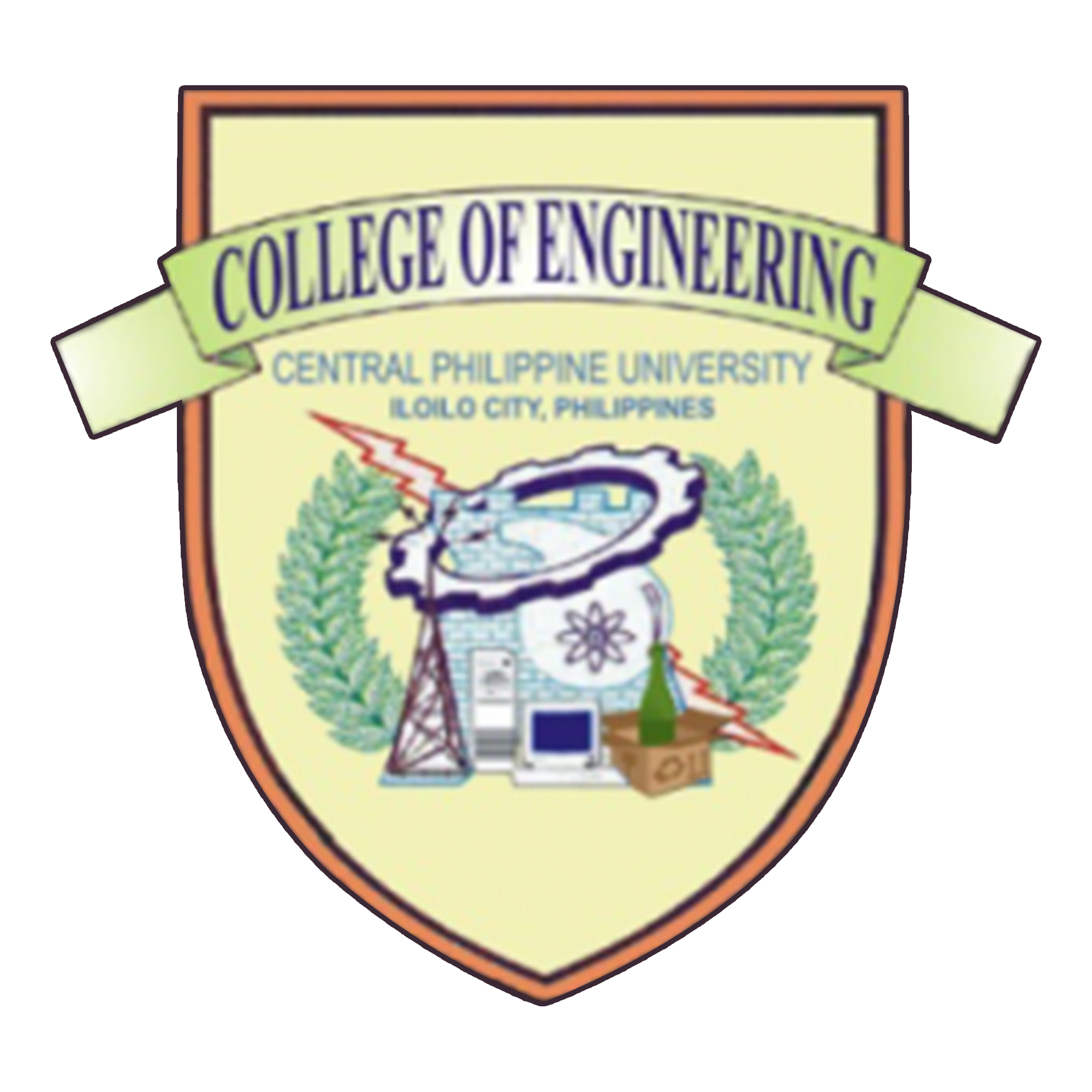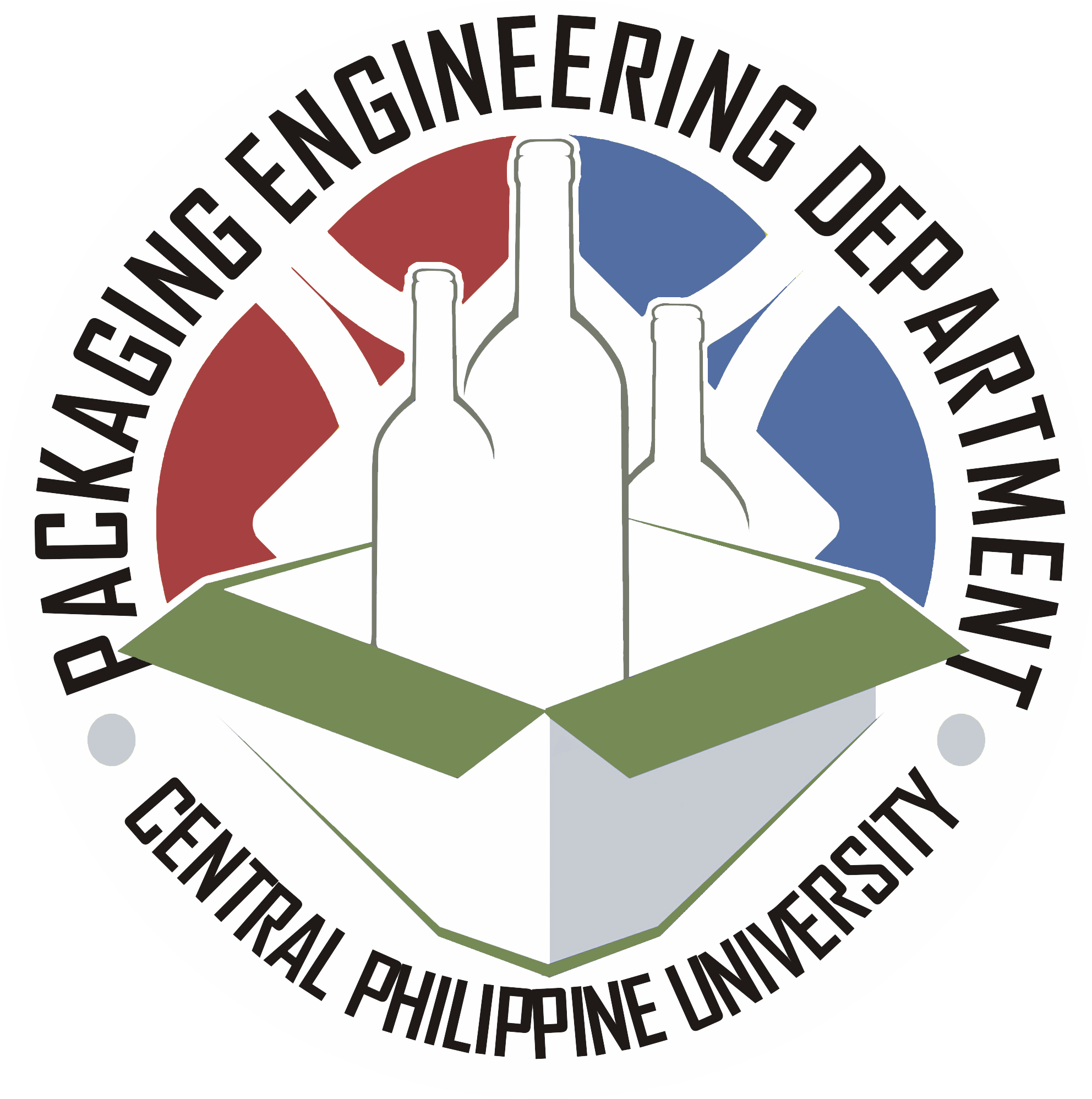chemical Engineering
BACKGROUND and RATIONALE
Chemical Engineering is a profession that involves the conceptualization, development, design, improvement and application of safe, healthy, ethical and economic ways of utilizing materials and energy in unit processes and operations for the benefit of society and the environment through the knowledge of mathematics, chemistry, biology, information technology and other natural, applied and social sciences gained by study, research and practice.
Chemical Engineering is one of the broader fields of the engineering disciplines both in terms of the range of problems that fall within its purview and in the range of knowledge required to solve those problems.
The scope of the practice of Chemical Engineering is defined in the Chemical Engineering Law of 2004 or R.A. 9297 and pertains to professional services to industrial plants in terms of consultation requiring chemical engineering knowledge, skill and proficiency; investigation, estimation and or valuation, planning, preparation of feasibility studies; designing, preparation of specifications; supervision of installation; operation including quality management; and research. The teaching, lecturing and reviewing of a professional chemical engineering subjects in the curriculum of the Bachelor of Science in Chemical Engineering degree or a subject, in the Chemical Engineering licensure examination given in any school, college, university or any other educational institution is also considered as practice of Chemical Engineering.

Nature of the Program
The scope of the practice of Civil Engineering is defined in the Civil Engineering Law of 1950 or R.A. 544 and embrace services in the form of consultation, design, preparation of plans, specifications, estimates, erection, installation and supervision of the construction of streets, bridges, highways, railroads, airports and hangars, port works, canals, river and shore improvements, lighthouses, and dry docks; buildings, fixed structures for irrigation, flood protection, drainage, water supply and sewerage works; demolition of permanent structures; tunnels and any other work requiring civil engineering knowledge and application. The teaching of professional civil engineering subjects in the curriculum of the BSCE degree or a subject in the Civil Engineering licensure examination given in any school, college, university or other CHED recognized educational institution is also considered as practice of Civil Engineering.
Specific career options include but are not limited to the following:
The Chemical Engineering program comprises of foundation, allied, and professional courses to build a complete understanding of the profession. A plant design project, thesis, and set of electives leading to a career track or a field of specialization complete the program.







